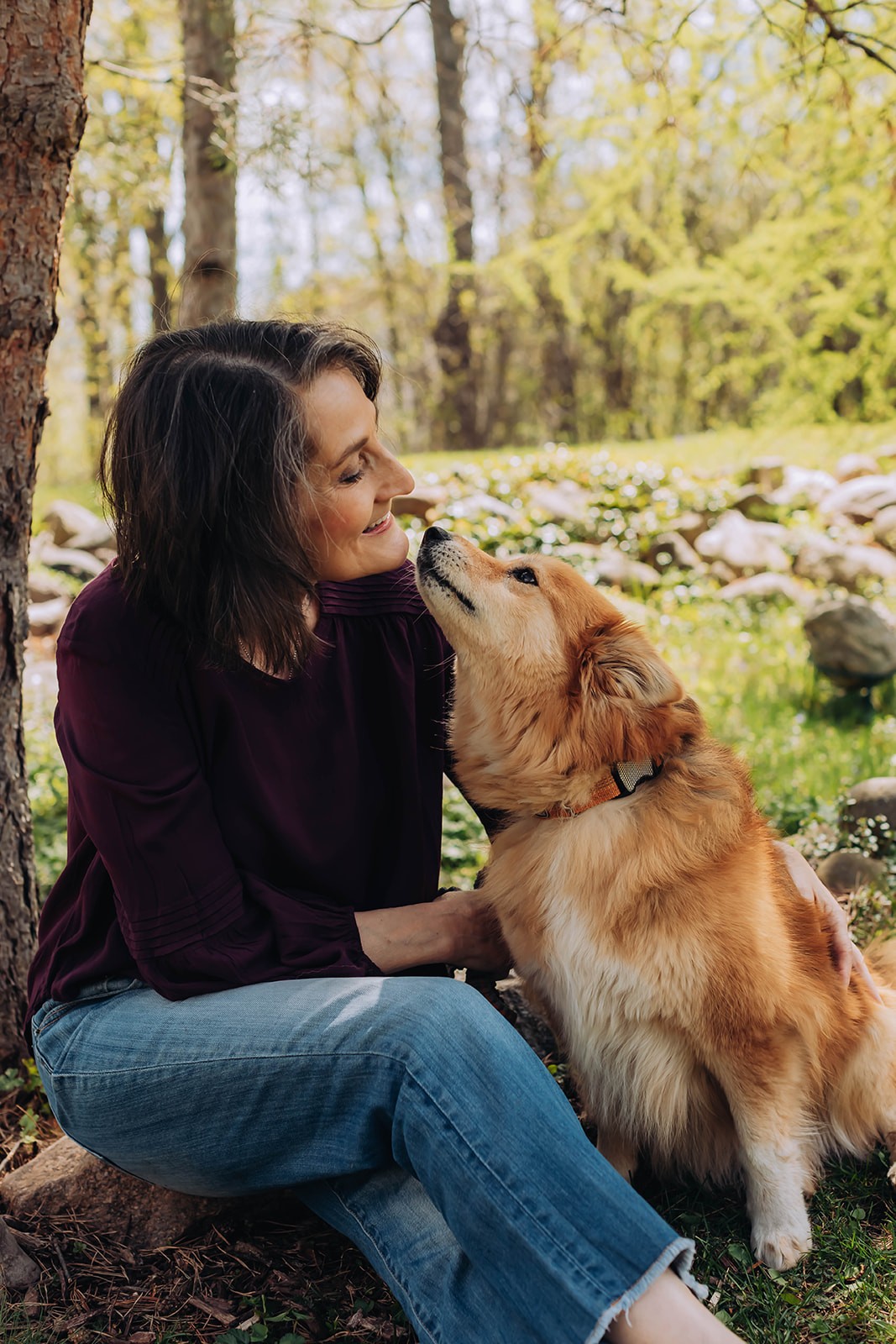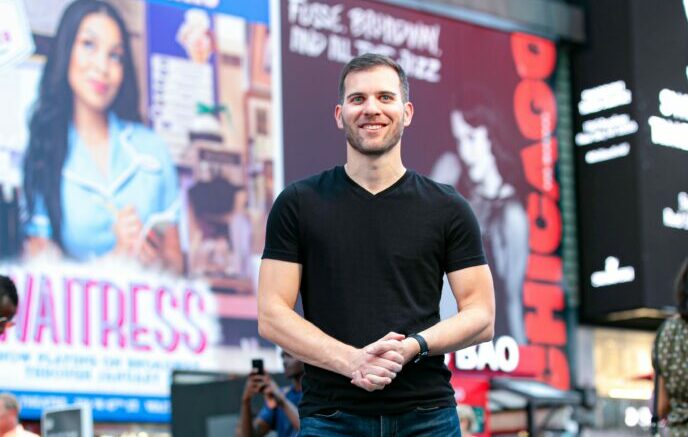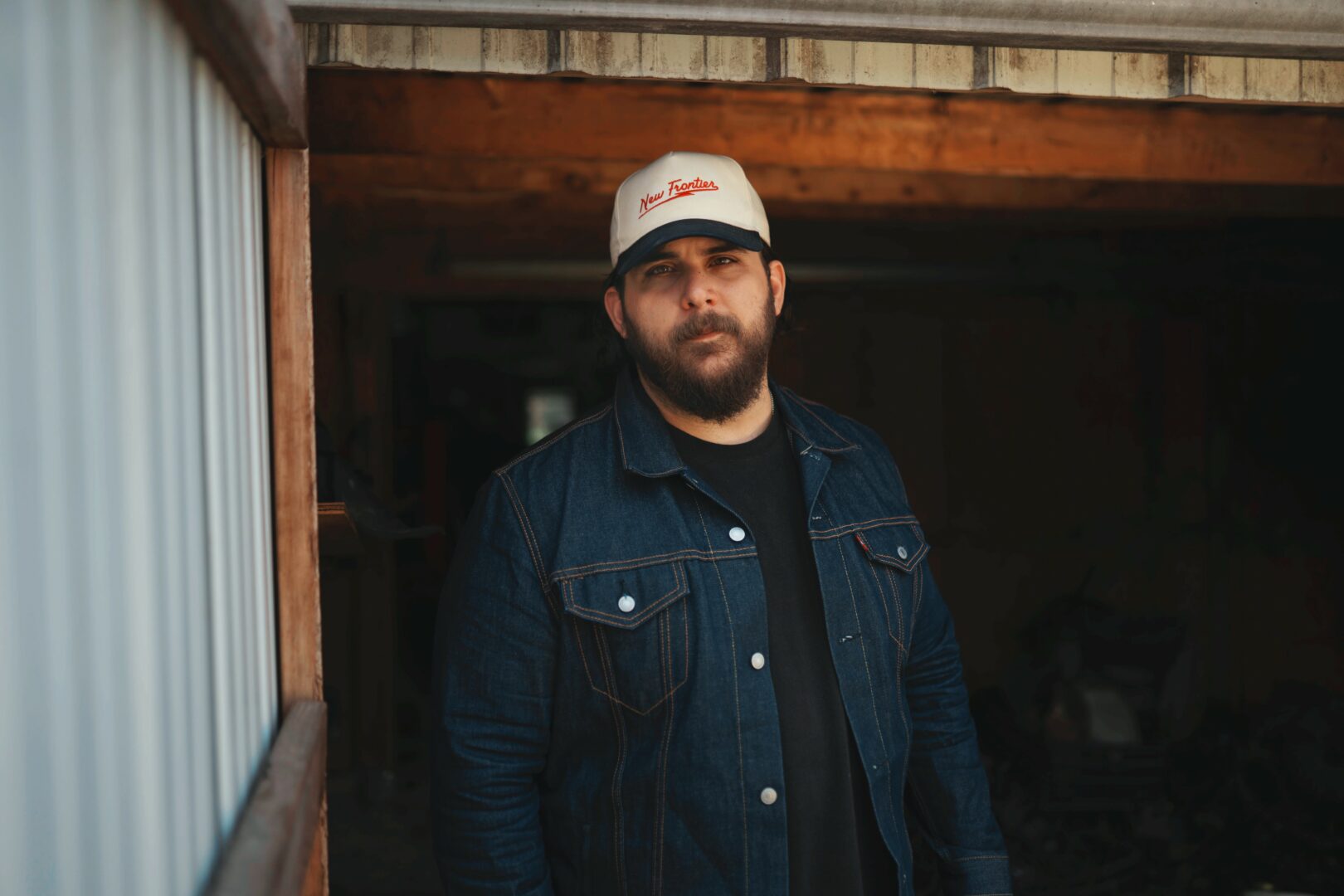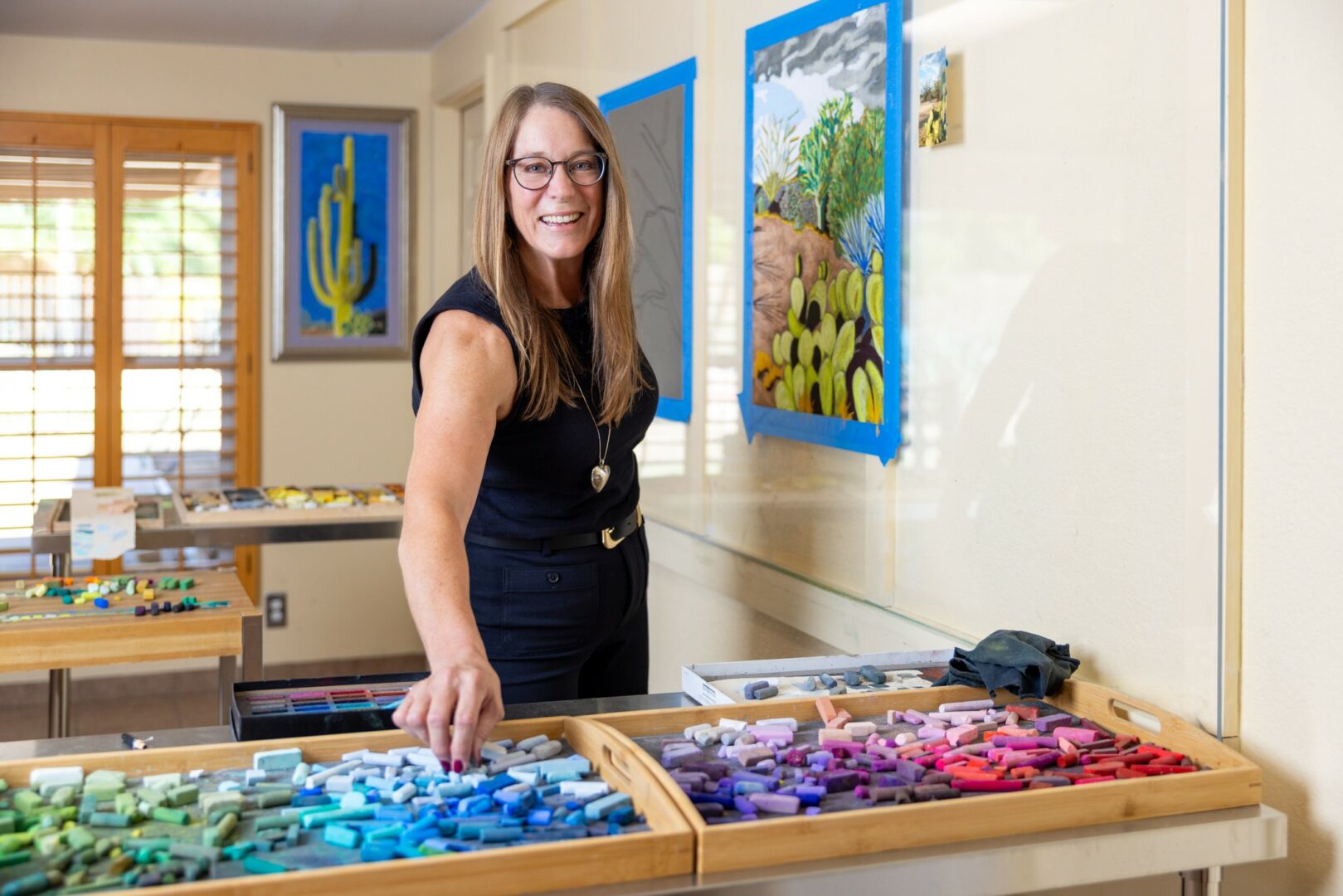We were lucky to catch up with Cindy Ojczyk recently and have shared our conversation below.
Hi Cindy, really happy you were able to join us today and we’re looking forward to sharing your story and insights with our readers. Let’s start with the heart of it all – purpose. How did you find your purpose?
My purpose found me when I began writing a book to inspire more people to foster companion animals. As I fleshed out the stories and developed the arc, my calling soon shifted to helping parents of teens and parents of pets because our goals for them are the same—that they may thrive as individuals yet remain connected strongly to us.
Great, so let’s take a few minutes and cover your story. What should folks know about you and what you do?
I am the author of a forthcoming memoir (fall 2024) on raising neurodiverse teens. With the support of my family, I offer our intimate story as a lifeline to other parents struggling through adolescence so they may feel less alone. It is also a tribute to the foster dogs who found refuge in our home. Through them we practiced what our therapists preached—the importance of structure, the power of calm, the need for play, and the value of one good friend. Together we learned to trust, to grieve and to give second chances, even in the worst of times.
My weekly newsletter, Like People, Like Pets, is a weaving of stories and resources to strengthen the fibers that bind people and pets. It amplifies the connected evolution that has enabled companion animals to be welcome in our lives. It is from those congruous places that we can see ourselves more deeply, to trust, and to thrive.
I live in the land of 10,000 lakes with my husband, two rescue pets, and a revolving door of foster animals. Our two adult children live independently with their own menageries.
Looking back, what do you think were the three qualities, skills, or areas of knowledge that were most impactful in your journey? What advice do you have for folks who are early in their journey in terms of how they can best develop or improve on these?
The three words that have defined my journey through life and who I wish for my kids to be are resilient, confident, and collaborative.
The foundation for my resilience was forged by my Grandma Mary who lost her parents to tuberculosis and was raised with her siblings in a supportive group home. The love she received in the unconventional setting helped her to develop a spirit of gratitude. She wasn’t a complainer. She was a doer with a pay-it-forward attitude who found peace in giving.
When my kids were in their early teens, we began fostering rescued dogs as a way to engage in a family service activity. I did not initially appreciate the resilience I was building by adapting and shifting the strategies needed to help each dog heal and thrive. But I leaned on that resilience when both kids were diagnosed with mental health disorders. Adolescence is a challenging enough time for parents and kids, but our family faced the added stress of navigating neurodivergence in a culture that values typical. We had to adapt and shift, learn and experiment. When the path didn’t go as planned, we had to reset the course and try again.
When I was younger, I saw myself as confident because I excelled in the classroom and was a strong athlete. It wasn’t until I was an adult that I realized those successes were components of confidence, not the definition. It was my growing resiliency that helped me to find the strength to face life’s challenges and to try again after a stumble. My growing resiliency grew my confidence.
Resiliency and confidence flourish in a collaborative environment. The strongest marriages, families, governments, teams, orchestras, businesses and so on are products of effective collaboration where individuals are given the tools to grow independently, are supported through shortfalls, and are empowered to serve their communities.
Resiliency, confidence, and collaboration are traits that develop best with age and care, much like friendships, sourdough bread, and bestselling books.
What is the number one obstacle or challenge you are currently facing and what are you doing to try to resolve or overcome this challenge?
I am a purpose-driven writer with an intent to change lives through stories. The greatest lessons I have learned have come from being a daughter, sister, mother, wife, employee, employer, athlete, and volunteer. At the top of that list of lessons is trust. Trust enables relationships to thrive across differences and for people to solve problems of seemingly insurmountable difficulty. How one achieves the pinnacle of trust is a factor of tender moments, tenacious effort, and the fine art of pivoting.
I also envision a world where people treat companion animals with respect and acknowledge their unique needs that lead to a quality of life. I used to center my writing solely on animals until I realized that to make a better world for pets we also need to make a better world for people.
To that end, I focus my advocacy efforts on parenting—parenting teens and parenting pets. The years I spent fostering cats and dogs while raising teens honed my ability to plan, test, and shift theory to reality to align goals and outcomes. My perch as overseer of all things foster afforded me the opportunity to embrace the importance of individual needs within a dynamic system. Our foster animals learned to gain trust and thrive. Fostering helped improve the parenting of my teens. I became more able to see my kids for who they were, what they needed to thrive, and how to nurture their desire to remain connected to home.
Contact Info:
- Website: https://cindyojczyk.substack.com/
- Instagram: https://www.instagram.com/cindyocheck/
- Facebook: https://www.facebook.com/cindy.ojczyk
- Linkedin: https://www.linkedin.com/in/cindyojczyk/





Image Credits
Jennifer Grace Portraits




